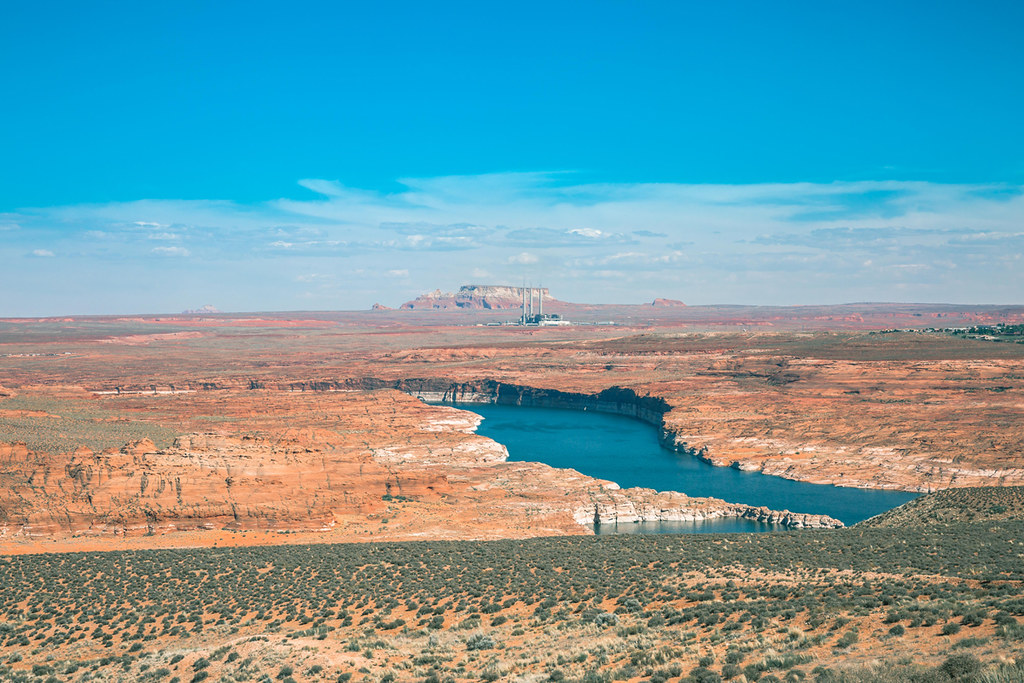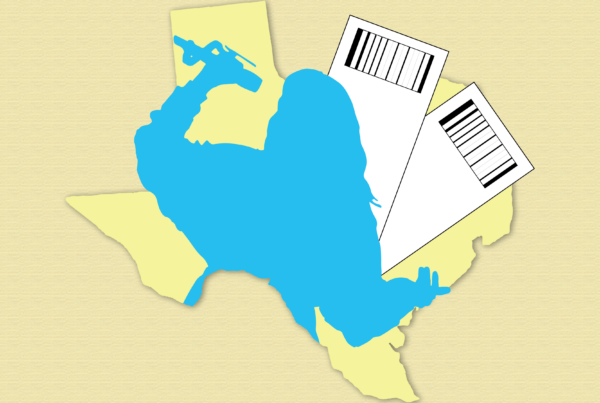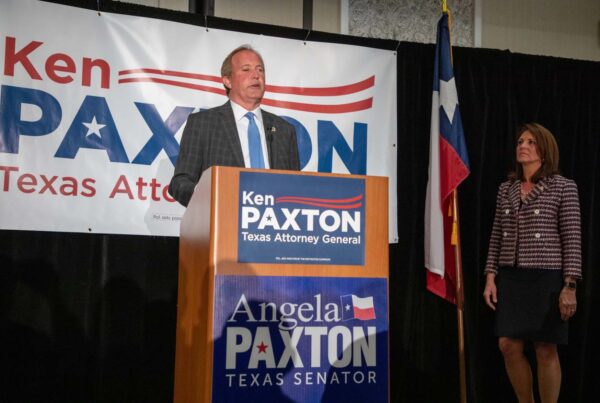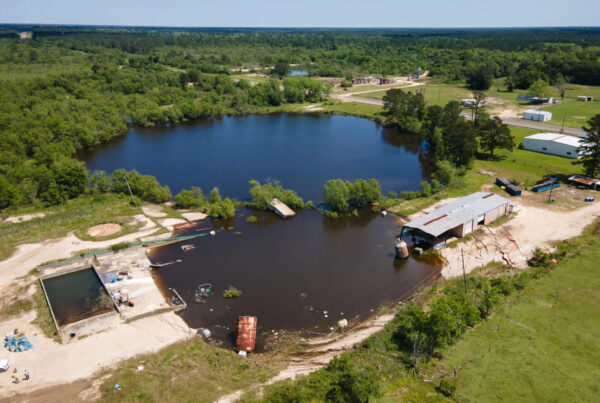It’s being called a breakthrough deal: Three states have come to an agreement to keep the rapidly vanishing waters of the Colorado River, which runs through several western states, from going dry. At least for a while.
Though Texas doesn’t get water from the Colorado, the implications from this arrangement could certainly have ripple effects for the state’s own water challenges.
Gabriel Eckstein, a professor who specializes in water law at Texas A&M University School of Law, spoke with the Standard about what these kinds of agreements may look like in the future.
This transcript has been edited lightly for clarity:
Texas Standard: Can you give us some background on these issues facing Arizona, California and Nevada with respect to the Colorado?
Gabriel Eckstein: Well, it boils down to the fact that there’s just not enough water to go around. They allocated the water of the Colorado about 100 years ago based on statistics that just weren’t realistic. And now we’re facing the reality, with climate change and such – there’s just not enough water to go around.
What does this new agreement entail?
Well, it’s a temporary agreement to have the three states reduce their water use in return for payments from the federal government. This is a temporary deal, it only lasts three years. And in 2026, they’re going to have to come up with something to continue the reductions in another type of agreement.
Another agreement on down the line. So, in essence, sort of kicking the can on some of the harder issues, I guess, that have to be done?
Definitely.
All right. So does any of this agreement have direct implications for Texas, or are we talking about more parallels with Texas’ own water issues?
I think it’s more of a parallel, just the possibility that because of climate change, because of overallocation – and we do have rivers in Texas that are overallocated, and aquifers that are overallocated – we have got to get a handle of the amount of water we have, what we want to use it for, and what we are able to actually use it for. It’s a limited resource, and we can only do so much with it.
Well, Texas has a water agreement with New Mexico over water from the Rio Grande, right?
Yes, they do.
And where do we stand with that? Are the states still in agreement? I know that there has been a lot of stress and strain over less water in the Rio Grande, and the trouble that a lot of municipalities, a lot of people in the agriculture industry are facing with the drought and not enough water.
No. And it’s a problem between the two states. They’re actually in litigation in front of the U.S. Supreme Court right now because of the fact that there’s just not enough water. And allegations that maybe New Mexico may be not handling or managing the Rio Grande as it goes through its state in a way that is fair to Texas.
Where do we stand with that Supreme Court action? Is that set to be decided this term, or is it going to be considered next go round or what?
I wouldn’t hold my breath for anything coming soon. There’s been negotiations going on, and they just haven’t seemed to have gotten full traction. But I would bet it’s going to continue for a little bit longer.
My assumption is, if I were to ask you if we’re going to see more of these conflicts and stopgap agreements in the future, you’d say, yeah.
Definitely, definitely is going to happen.
What kinds of policies could mitigate these sort of water disagreements between the states before they arise? I mean, you can accuse New Mexico of mismanagement, but at the same time, they’re trying to manage water resources as best they can with their own state’s interest in mind.
I think we have to take into account the new reality: Between climate change, long-term droughts, greater population demands, industry demands on water resources, there’s just not enough to go around. And the old rules that we have in place are just not working. We really have to rethink how we allocate and how we prioritize who gets water and for what purposes.
When you say the old rules don’t work, like what? Could you give an example of what that means as a practical matter?
Well, on the Colorado, there’s the law from compacts and acts from the federal government that were drafted, enacted, you know, 80, 90, 100 years ago when they thought there was a lot more water in the basin. And there’s just not that much water available based on those laws. In Texas, we’re using the prior appropriation system. It works to a certain extent.
Prior appropriation system, meaning that whoever gets there first gets the water. Is that what you’re suggesting?
Exactly. First in time, first in right. And which really makes it difficult for new uses and new ideas and new methodologies and so on to come into effect, because there’s just not any more water to go around.
















